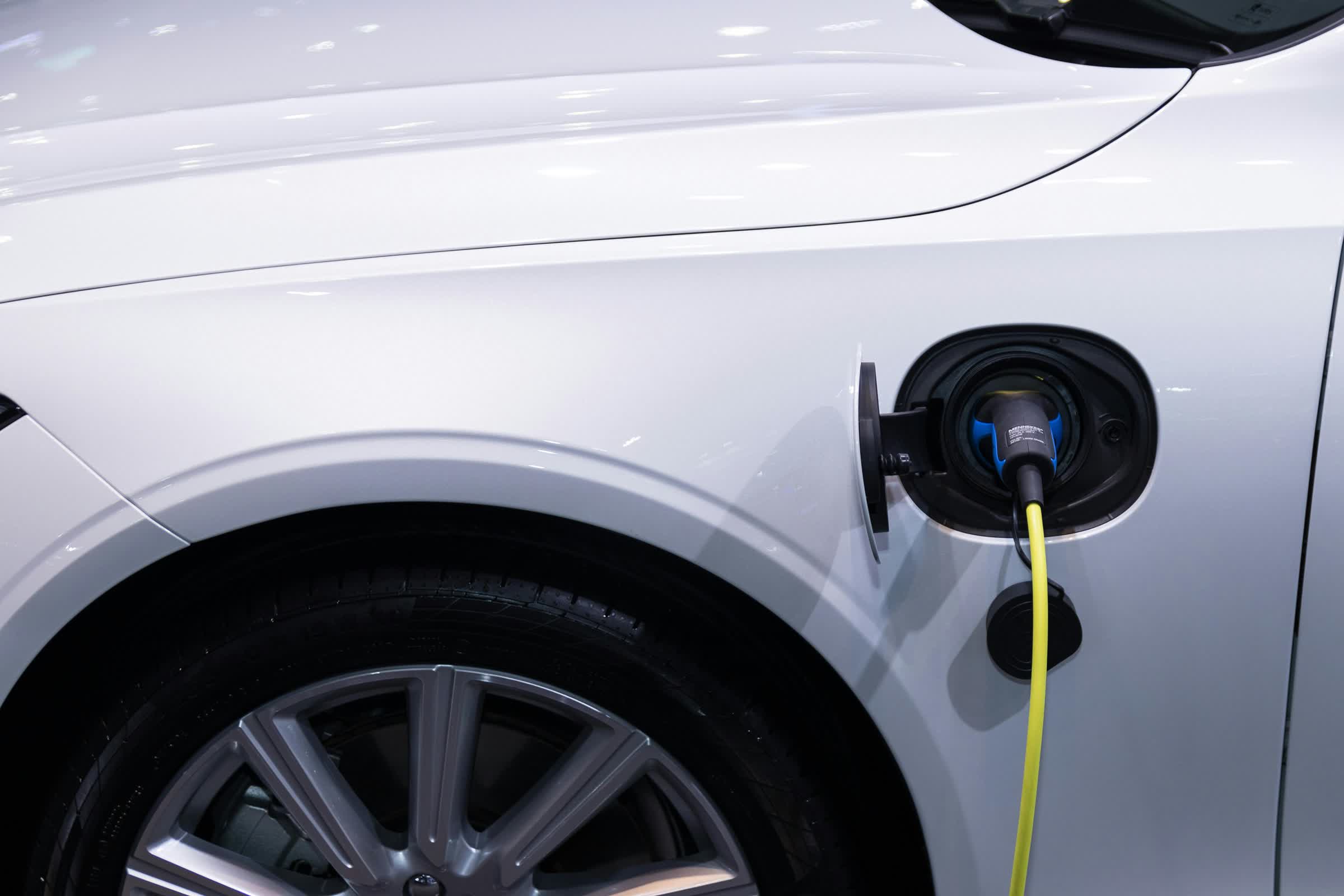In brief: It is little secret that the Biden administration is vested in nurturing the US' emerging electric vehicle industry. It has provided significant tax incentives for domestic EVs, fostered private investment in the sector and doled out billions in government funds. Its latest endeavor is a $1.7 billion grant program to convert closed or struggling plants in eight states into EV factories.
The Biden administration has announced a $1.7 billion grant program to convert plants that have closed or are at risk of closing across eight states – Michigan, Ohio, Pennsylvania, Georgia, Illinois, Indiana, Maryland and Virginia – into electric vehicle manufacturing facilities.
The types of goods these factories will produce cover all parts of the EV supply chain, from hybrid powertrains to heavy-duty commercial truck batteries. The administration estimates that if all the money is allocated, the projects would collectively create over 2,900 new jobs. One of the preconditions for a grant is that the jobs created are new union positions in the auto sector.
The projects were also assessed based on their plans to provide support for workers, including job and technical training, childcare, retirement benefits, and transportation benefits. In addition, the selection process prioritized projects that would create jobs in disadvantaged communities, with the goal of directing 40% of the benefits to these areas.

One of the projects teed up includes a closed Stellantis factory in Belvidere, Ill., that will receive $334 million in grant money to convert into an EV assembly plant. The auto manufacturer will also convert its transmission plant in Kokomo, Ind., receiving $250 million from the program to produce electric drive modules.
General Motors is receiving $500 million for its factory in Lansing, Mich., to produce electrified models. Other awards include $89 million to a Harley-Davidson facility in York, Pa., and $79 million to Blue Bird Corporation to upgrade its facility in Fort Valley, Ga.
The funding comes from a larger $15.5 billion program announced last year and administered by the Department of Energy that seeks to retrofit existing manufacturing facilities into EV and clean vehicle assembly operations. The funding was approved as part of the Inflation Reduction Act of 2022.
The program is part of a strategy by the administration to boost domestic EV manufacturing. Other initiatives it has championed include $325 million to increase publicly accessible chargers for EV vehicles – a significant investment as many US residents are hesitant to buy an EV because they don't believe the infrastructure is there to support it.
The administration has also implemented stringent limits on tailpipe emissions to encourage the transition to EVs and placed restrictions on Chinese EV and battery imports to protect domestic production.
